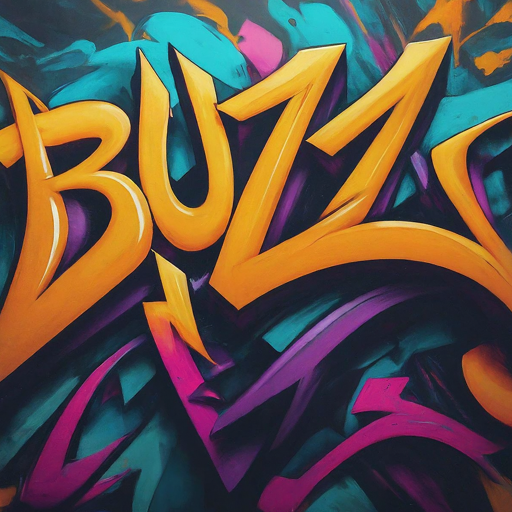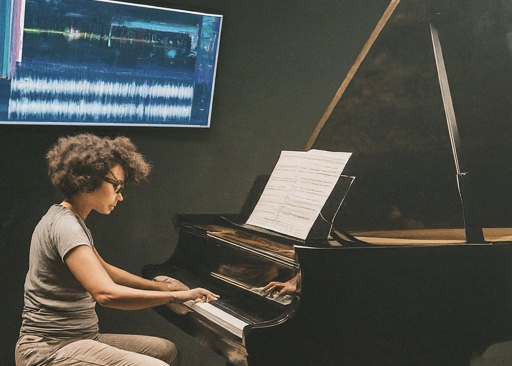Discover the reality behind common misconceptions and false beliefs surrounding artificial intelligence.
The Rise of Artificial Intelligence: Separating Hype from Reality
Artificial Intelligence (AI) has become a buzzword in recent years, captivating the imaginations of many. But what is the reality behind the hype? AI refers to the development of computer systems capable of performing tasks that would normally require human intelligence. While AI has made significant advancements, it is important to separate the hype surrounding its potential from the reality of its current capabilities.
AI has shown great promise in various fields, such as healthcare, finance, and transportation. It has the potential to revolutionize these industries by analyzing vast amounts of data, identifying patterns, and making predictions. However, it is crucial to understand that AI is not infallible and has its limitations.
Myth #1: AI Will Take Over the World: Debunking the Fear of AI Dominance
One of the most common myths surrounding AI is the fear that it will take over the world and dominate humanity. This misconception often stems from science fiction movies and novels that depict AI as malevolent entities seeking world domination. In reality, AI is a tool created and controlled by humans.
AI systems are designed to perform specific tasks based on predefined algorithms and data. They lack consciousness, emotions, and intentions. While AI can excel in certain tasks, such as image recognition and natural language processing, it is far from being capable of self-awareness or independent decision-making.
Myth #2: AI is Infallible: Exposing the Limitations and Challenges of AI
Another common myth about AI is that it is infallible and error-free. In reality, AI systems are susceptible to errors and biases. These errors can occur due to various factors, including biased training data, limitations in the algorithms used, or unforeseen circumstances.
AI is only as good as the data it is trained on. If the training data is biased or incomplete, the AI system may produce biased or inaccurate results. Additionally, AI systems may struggle with complex and ambiguous situations that require human judgment and intuition. It is essential to acknowledge the limitations and challenges of AI to ensure its responsible and ethical use.
Myth #3: AI is a Job Killer: Understanding the Impact of AI on Employment
One of the most prevalent concerns surrounding AI is its potential to replace human jobs and lead to widespread unemployment. While AI has the capability to automate certain tasks, it is important to understand that it can also create new job opportunities and enhance human productivity.
AI can automate repetitive and mundane tasks, allowing humans to focus on more complex and creative work. It can augment human capabilities and empower individuals to perform tasks more efficiently and effectively. However, the impact of AI on employment will depend on various factors, such as the industry, the nature of the tasks involved, and the readiness of the workforce to adapt to new technologies.
Myth #4: AI is All About Robots: Unraveling the Myths and Realities of AI Applications
When people think of AI, they often envision humanoid robots with advanced cognitive abilities. However, AI is not limited to robotics. It encompasses a wide range of technologies and applications that aim to mimic or enhance human intelligence.
AI can be found in everyday applications, such as voice assistants, recommendation systems, and predictive analytics. It is embedded in software and algorithms that power various services and platforms. AI is not solely about physical robots but rather about the intelligent systems and algorithms that enable machines to perform human-like tasks.
Myth #5: AI Will Replace Human Creativity: Exploring the Collaborative Potential of AI and Human Ingenuity
There is a common misconception that AI will replace human creativity and innovation. In reality, AI has the potential to complement and enhance human creativity, leading to new possibilities and breakthroughs.
AI can analyze vast amounts of data, identify patterns, and generate insights that humans may overlook. It can assist in the creative process by providing suggestions, automating repetitive tasks, and enabling faster experimentation. However, AI lacks the ability to truly understand and appreciate the nuances of human creativity, emotions, and subjective experiences. The collaborative potential of AI and human ingenuity holds great promise for the future.




